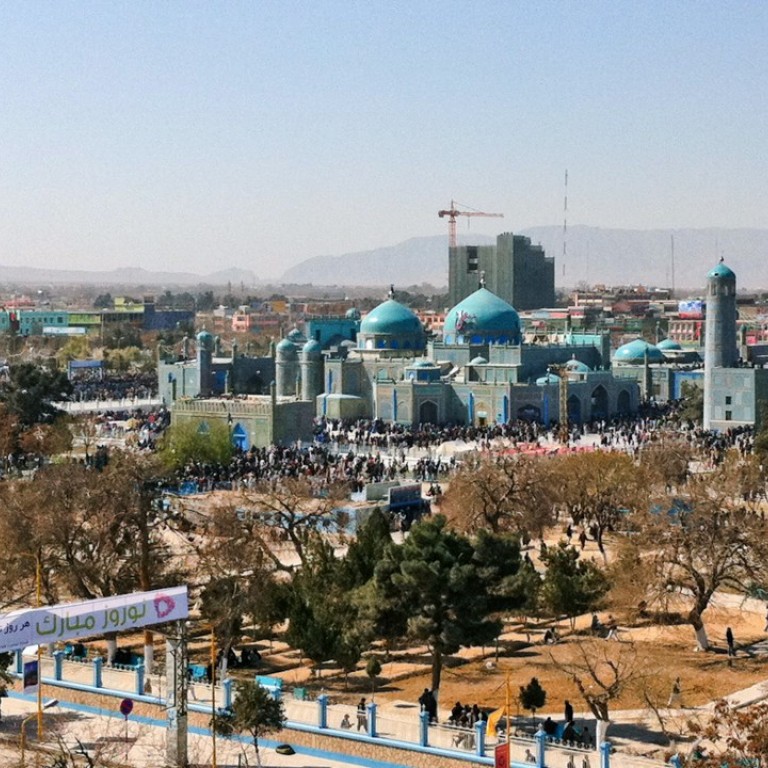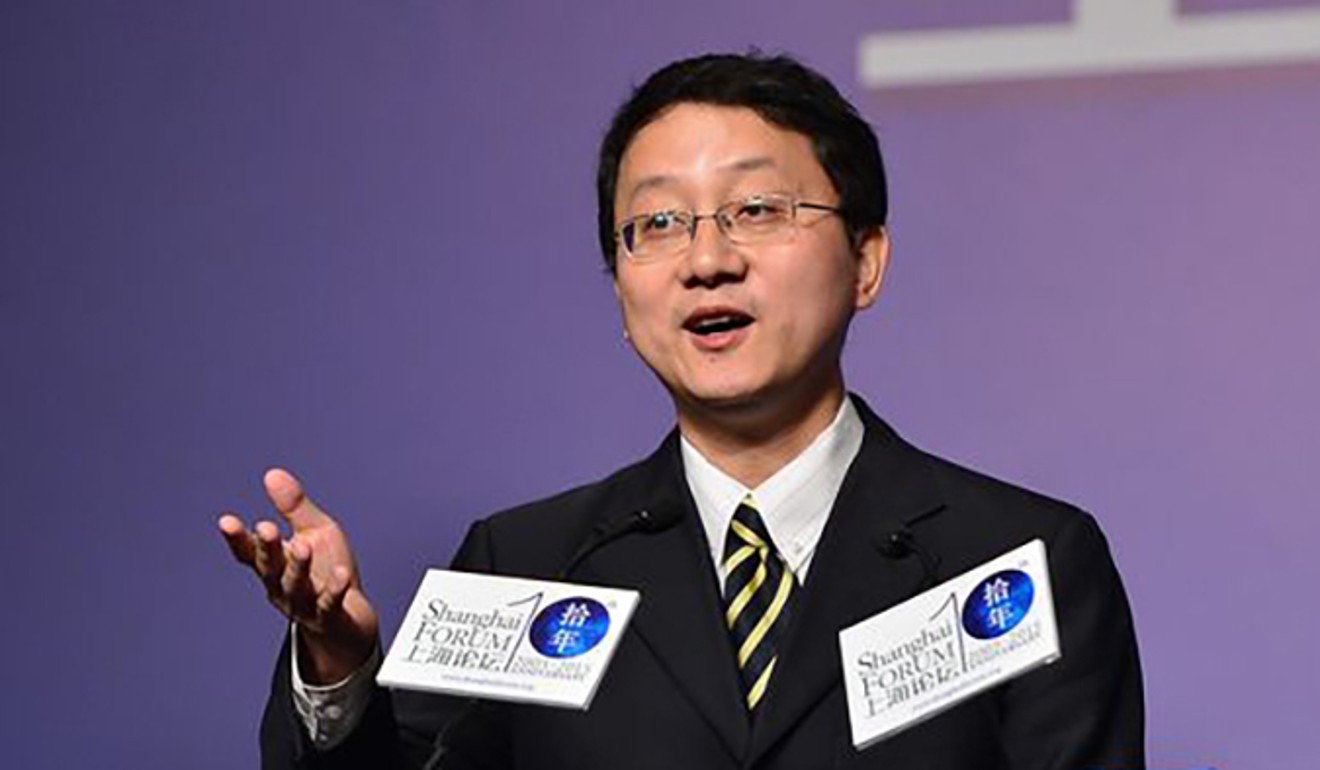
Beijing sends in new envoy in sign it wants bigger role for Afghanistan in ‘New Silk Road’
Liu Jinsong was raised in Xinjiang and worked on the belt and road trade plan
Beijing is poised to step up security and economic engagement with Afghanistan, naming an official who has worked on President Xi Jinping’s signature trade initiative as its new envoy in Kabul.
The appointment of Liu Jinsong as ambassador is a sign that Beijing wants the war-torn nation to play a bigger role in the strategy, observers said. Liu was raised in the northwest Xinjiang region and was a director of the Silk Road Fund established under the “Belt and Road Initiative”, a sprawling plan to boost trade and infrastructure links with nations from Asia to Africa and Europe.
“The appointment of Liu is a carefully considered one – he was raised in Xinjiang and has experience in South Asia,” said Liu Zongyi, a senior fellow at the Shanghai Institutes for International Studies. “China is spearheading economic cooperation and development for regional security, especially around its neighbours.”

Liu was born in eastern Zhejiang in 1972 but was raised in the restive region of Xinjiang, home to the mostly Muslim Uygur minority. Beijing has claimed Uygur extremists receive jihadist training in neighbouring countries including Pakistan and Afghanistan before returning to the region to launch violent attacks.
Liu joined the foreign ministry’s Asian affairs department in 1993 and became deputy director of its international economic cooperation office. He was one of the directors of the Silk Road Fund from 2012 to 2015. The 100 billion yuan (US$15.88 billion) fund was established by Beijing to foster investment in countries involved in the belt and road plan. He was previously counsellor at the Chinese embassy in India.
China has been calling for trilateral cooperation with Pakistan and Afghanistan. In December, Foreign Minister Wang Yi said Beijing and Islamabad would look at extending the US$57 billion China-Pakistan Economic Corridor to Kabul, as Beijing called for more talks between Pakistan and Afghanistan at a time when their relations have become strained over Taliban insurgents.
Six projects have been earmarked for cooperation, including a motorway linking Peshawar and Kabul, and a trans-Afghan highway linking Pakistan, Afghanistan and Central Asia.
“China has stepped up engagement with Pakistan and Afghanistan, hoping to improve the relationship between the two nations and help promote security in the region through infrastructure and economic cooperation,” Liu Zongyi said.
“Liu Jinsong’s experience in India and the foreign ministry international economic office make him a suitable choice for the job.”
In a seminar in Kabul on Wednesday, the new ambassador said China would spare no effort to boost cultural and economic relations between Beijing and Kabul. Liu said China would continue to support the reconstruction process to create a peaceful and prosperous Afghanistan.
But observers said China would find it difficult to achieve its goals because of uncertainty over the US strategy on Afghanistan, with US President Donald Trump sending in more troops.
“This may lead to armed forces in Afghanistan and Taliban intensifying their attacks, creating security risks,” said Du Youkang, director of the Centre for South Asia Studies at Fudan University. “How is it possible to boost economic cooperation when the situation is so chaotic?”


